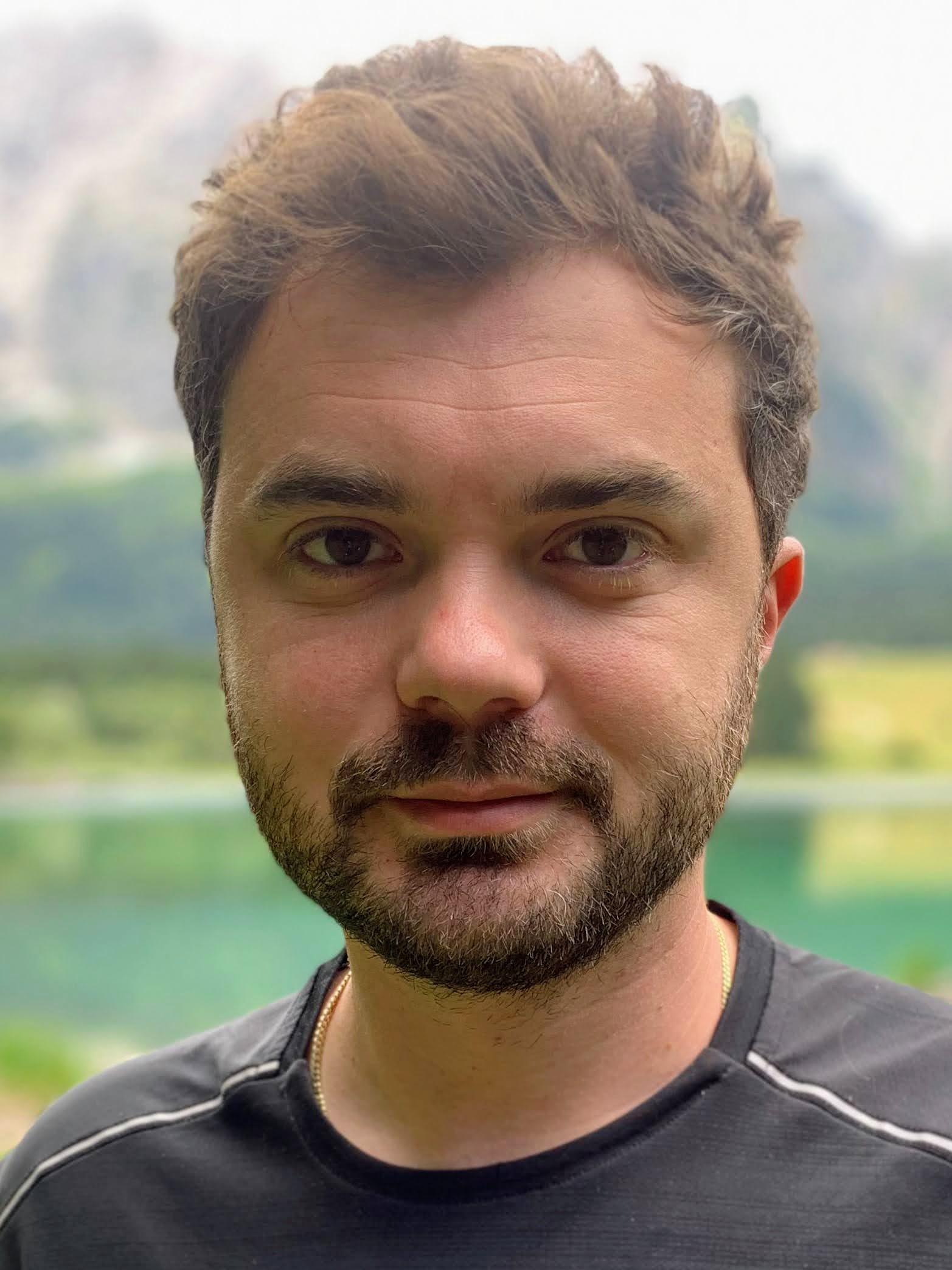Jovan Tanevski

I received my Bachelor of Electrical Engineering and Information Technologies in in 2010, followed by a Master’s degree in Bioinformatics in 2011 in Skopje, Macedonia. For my PhD studies I moved to Ljubljana, Slovenia, where I started working at the Department of Knowledge Technologies at the Jožef Stefan Institute. For my thesis I developed methods for scientific knowledge discovery by modeling and design of deterministic and stochastic dynamical biological systems. Since 2016 I work as a research associate at the Jožef Stefan Institute.
In 2018 I joined the Saez-Rodriguez group at the Heidelberg University, as a postdoctoral researcher, focusing on machine learning for modeling spatially resolved omics data. Since 2024 I am an independent group leader, working on the development and application of machine learning and optimization methods for analysis of spatial omics data within the institute.
Tanevski Lab
Research Interests
My research interests are at the intersection of systems sciences and machine learning. I am interested in the development of methods that combine data and prior knowledge. I have a strong background in machine learning and experience in computational systems biology. I am experienced in modeling and design of dynamical systems and their application to problems coming from the domains of systems and synthetic biology. I am currently working on developing methods for analysis of highly multiplexed and spatially resolved data. I am keen to understand the different patterns of expression within the tissue and bridge them to the underlying dynamical mechanisms that can explain the emergent functional programs and organization.
Professional Career
| 2024-present | Independent group leader – Institute for Computational Biomedicine, Heidelberg University, Germany |
| 2022-2024 | Research Area Leader – Institute for Computational Biomedicine, Heidelberg University, Germany |
| 2018–2022 | Postdoctoral researcher – Institute for Computational Biomedicine, Heidelberg University, Germany |
| 2016–present | Research associate – Department of Knowledge Technologies, Jožef Stefan Institute, Ljubljana, Slovenia |
| 2011-2016 | Research assistant – Department of Knowledge Technologies, Jožef Stefan Institute, Ljubljana, Slovenia |
Education
| 2011–2016 | PhD in Information and Communication Technologies – Jožef Stefan International Postgraduate School, Ljubljana, Slovenia |
| 2010–2011 | Master of Science in Bioinformatics - Ss. Cyril and Methodius University, Skopje, Macedonia |
| 2006–2010 | Bachelor of Electrical Engineering and Information Technologies – Ss. Cyril and Methodius University, Skopje, Macedonia |
 0000-0001-7177-1003
0000-0001-7177-1003